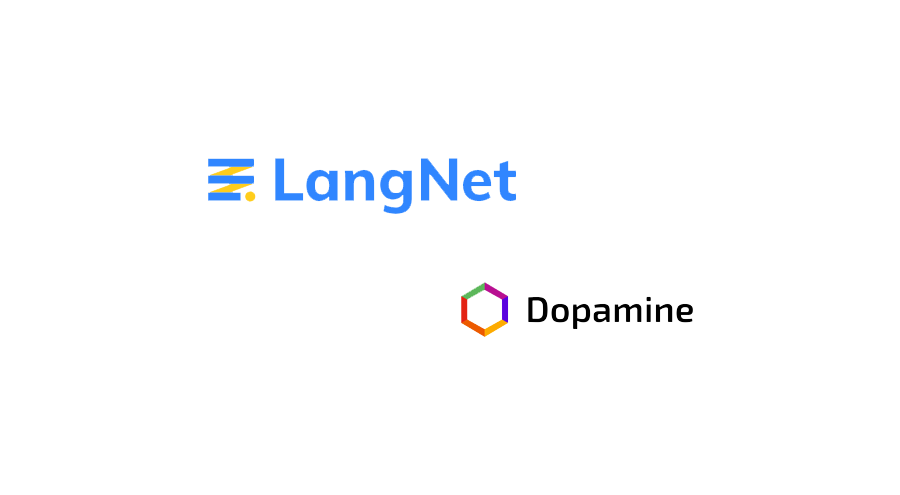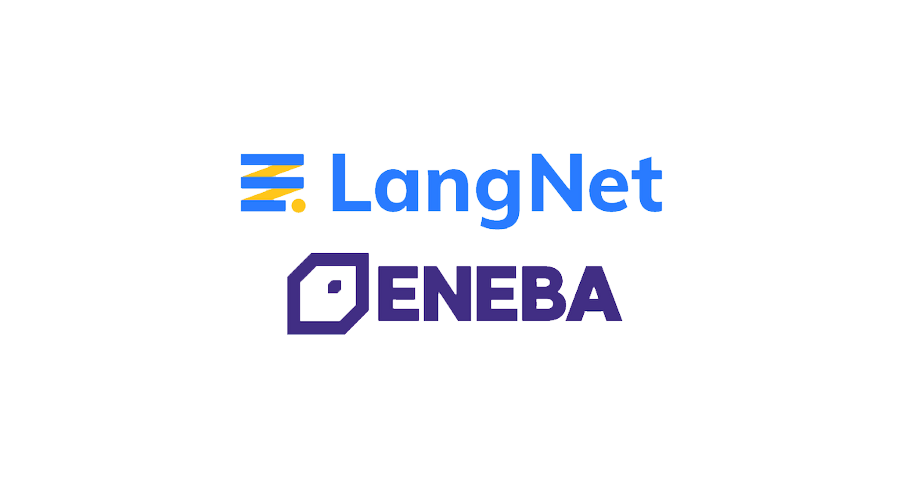LangNet, a decentralized ecosystem for language AI today announced that it has teamed with Dopamine.ai, the decentralized global marketplace for data and AI providers and consumers. LangNet and Dopamine share the same vision with respect to the importance of decentralized data ownership and untapped monetization opportunities for data providers.
Through this partnership, LangNet will integrate with Dopamine’s platform as a key voice data provider. Developers and enterprises on Dopamine’s platform will be able to access LangNet’s growing repository of language resources and run campaigns to rapidly crowdsource the voice datasets and the models they need in order to build new applications in different languages and for new use cases.
Consumer developers and enterprises on Dopamine’s platform can easily and affordably secure necessary voice data to train their speech models. Providers on the Dopamine network will enjoy new monetization possibilities that would arise from new possibilities to pipeline voice data, and LangNet users can explore new demand and gain access to broader markets to earn from licensing their voice data.
By contributing language data anyone can earn LANG tokens
While LangNet harnesses the power of the crowd to aggregate a rich and vast voice data repository, Dopamine’s expertise lies in building Decentralized Collaborative Processing Networks (DCPNs) in which data and AI providers are incentivized to supply various services that consumers can easily pipeline for their own specific needs.
LangNet enables anyone around the globe to contribute language data in exchange for tokens. Collected data include voice recordings of users reading a sentence to train speech-to-text systems and personal commands for a voice assistant. Data is owned by the contributor and can be licensed out to developers for tokens.
Currently, most data and AI intellectual property (IP) is owned by firms with deep pockets, leaving smaller enterprises with an expensive end to end service; as a result, independent developers or firms with comparatively small IPs struggle to keep and monetize their IP.
Dopamine.ai and Blockchain
At the same time, Dopamine.ai uses blockchain technology to develop a network of rewards and interactions that protect IPs, incentivizes collaboration among parties, allows flexible transfer of knowledge among different players and synergies various data and AI players. Data ownership and usage are tracked on-chain. An inflation model pays out data contributors and service providers — data hosts, data validators and data curators — on a regular basis. Data consumers lock or burn tokens to access resources.















